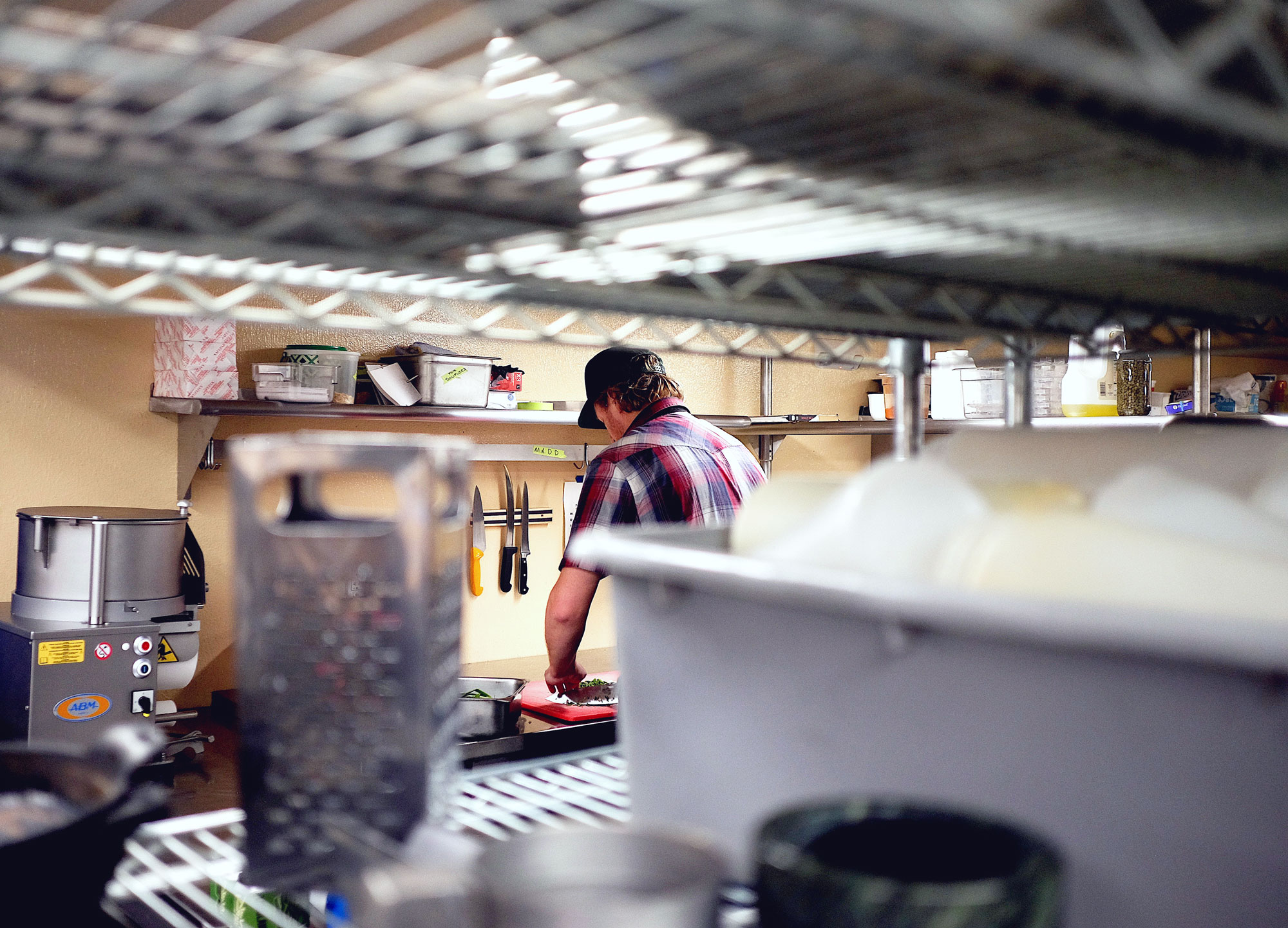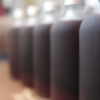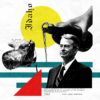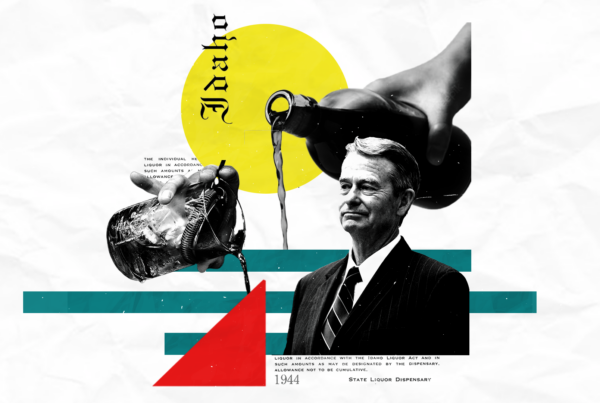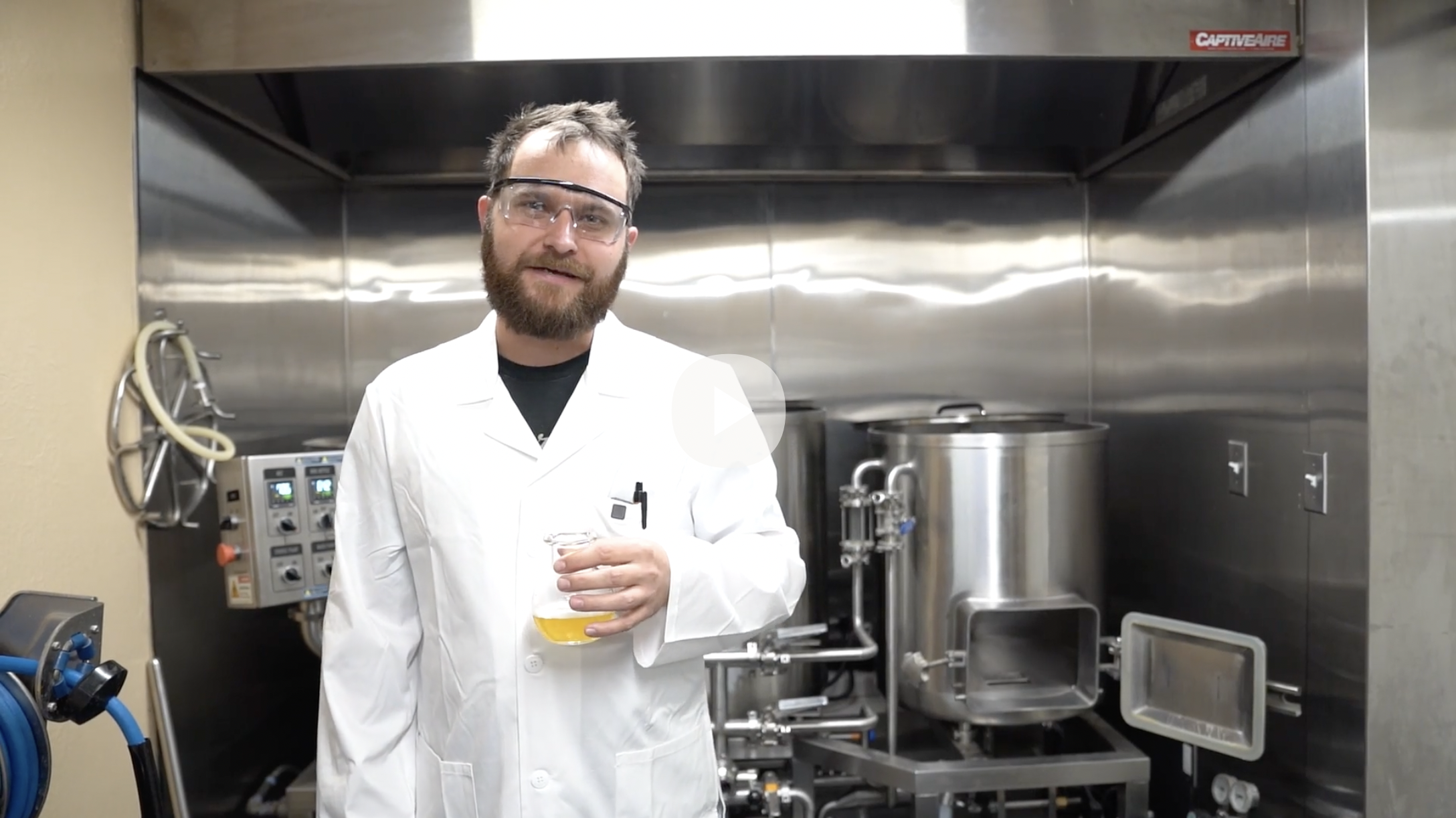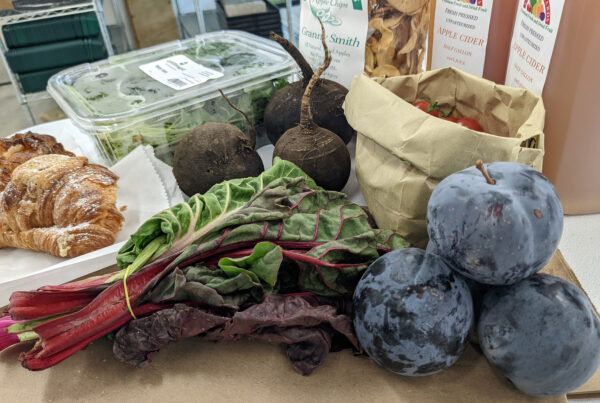Telling the story of Boise food one person at a time
Idaho native, cocktail connoisseur and former Head Chef at The Modern, Nate Whitley has seen 30-plus years of change in the Boise food scene. Even still, he’s remained committed to the locally sourced ingredients that have always helped him craft an authentic, Boise food experience. Today, you’ll either find Nate in the kitchen at local-favorite Bittercreek Alehouse, or building out his dreams of a neighborhood butcher shop. We sat down with Nate to get his take on the state of Boise food, his go-to date spots and everything in between.
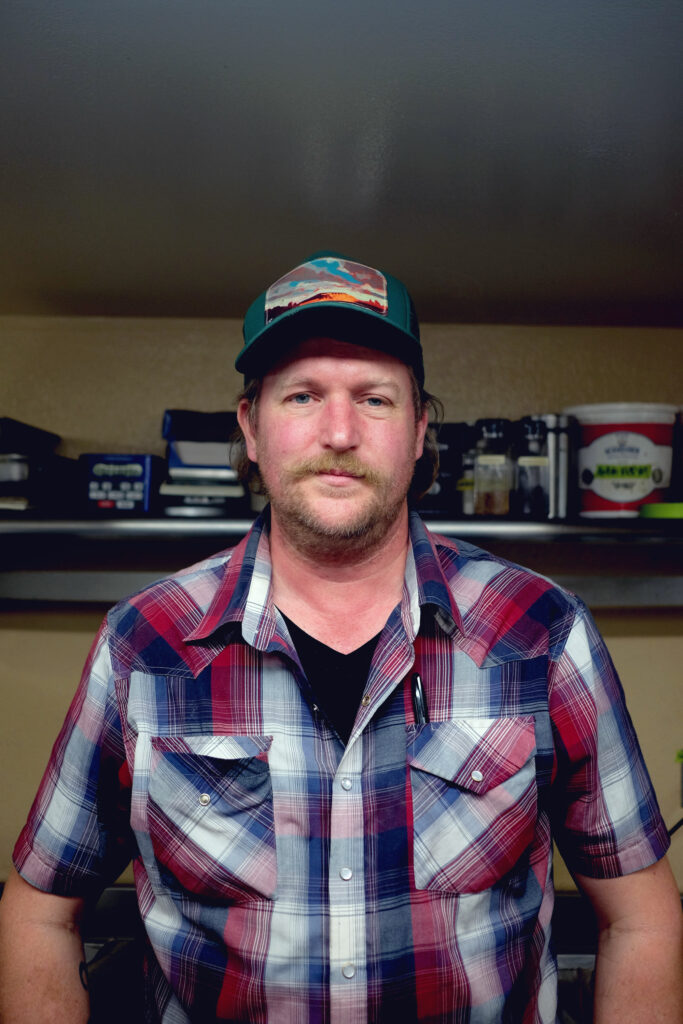
Q: Hey Nate! So you were born and raised in Boise – what’s kept you here? What can we find you doing on the weekends?
N: It’s definitely the outdoors, like the trail system. I engage that in some way. Even just riding from Boise to the foothills or going out and fishing a little bit!
Q: Did you have a favorite Boise restaurant growing up? What did you like about it?
N: Yeah! Boise, when I was first starting to cook, had a pretty solid restaurant scene. I was working at a place called B.B. Strands at the time, which was pretty good. This is, like, 1994, so it was a different time, but the food seemed pretty exciting. It was also the first time I went back-of-the house and that’s where I started realizing that I’d like to do this.
We also had a place called Peter Schotts that was always really cool. It was in the Idanha. He was a really nice Austrian guy. It was pretty fancy. I just remember going there as a kid and getting Wienerschnitzel, and they would have Gene Harris from the Gene Harris Jazz Festival playing in the bar. It was just a really cool restaurant for Boise at that time.
Q: Fast forward 20+ years, do you have a favorite dish or cocktail being made in Boise right now?
N: This one is hard. I mean, it’s kind of sad ‘cause places like Petite 4 [are now closed]. I’d always tell anyone new or visiting, you should definitely go there. Right now, Little Pearl is exciting. There’s not one cocktail that I like over the others, but I’ve been in there since they added their cocktail program and it’s always really good.
“A lot of people who cook don’t like food that much and I think if you’re going to stay in it for the long haul, it definitely helps to get excited about food.”
Q: So you got your start at B.B. Strands here in Boise, but you’ve also spent time in kitchens in San Francisco, France and Ireland. Did you learn anything in those places that you’ve brought back with you to Boise?
N: Well, I went to France and had been out of cooking school for a year. It seemed like the thing to do. It was a good experience in some ways. I started in restaurants because it was a job and I liked the atmosphere in the back of the house, but I didn’t come to it necessarily loving food deeply. In France, one thing you find is that people really enjoy food on a different level. There’s something to that, I think. A lot of people who cook don’t like food that much and I think if you’re going to stay in it for the long haul, it definitely helps to get excited about food.
Q: You’ve mentioned getting a certain level of excitement about the seasonal nature of sourcing your ingredients locally. What are some ingredients that you’re having fun with right now?
N: It’s kind of an awkward stage right now, but we were able to capture asparagus and fiddlehead ferns, which are always those first things that spring. The growing season hasn’t fully kicked off yet. We did a dinner last weekend and got some morels which are starting. I just think it’s always kind of exciting when you have that [ingredient] that you know is coming and get the anticipation of it coming. They’re there for a while, then they’re gone, and you just have to accept that too!
Q: Sourcing your ingredients locally has to have some negative financial implications, but we know you value the relationships you build with both your suppliers and your customers. Have you seen your investment in local people translate to positive business returns, or do you not even think about that?
N: I think you have to [think about it]. At a certain point, food has to cost more. Sometimes we’d get pushback at The Modern. I don’t think our prices were high, but the portions were smaller. You always have to be aware of your margins. You can accept a higher margin, but if your food cost goes over about 35%, you’re not really going to be sustainable. 35 is pretty high to begin with.
You know, Northwest Premium processes all their meat from local ranchers. They’ve had to more than double their staff. That adds more cost to them and they pass that to the ranchers. I think the cost of a pig went up like $0.75 a pound or something in the past year. It’s hard when you can’t, as a restaurant, increase your prices at the same rate without alienating people.
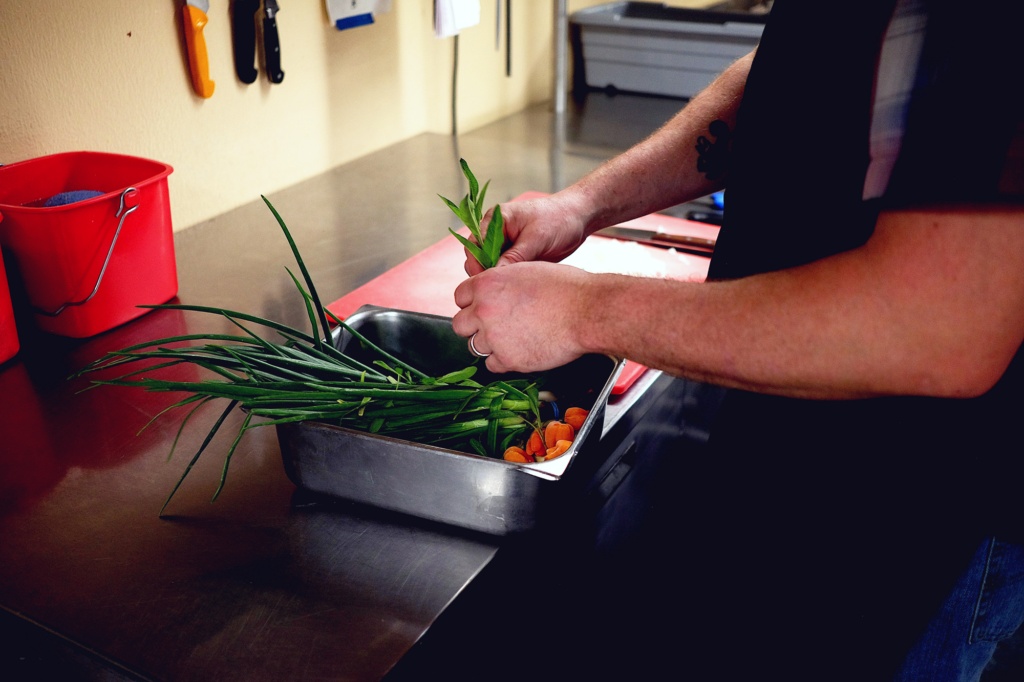
Q: So why do you continue to do it?
N: I still think it’s possible. I think there’s a little bit of a consciousness from the consumer. If they want things, they’re going to have to pay a little bit more because they appreciate the sourcing. It’s like a buy-in.
For me, there’s an ethical component in sourcing meat. Some people would say you shouldn’t be eating meat at all and I can understand that perspective. But I also look at it like–and it’s not totally cut and dry–McIntyre Pastures is farming close to 1,000 acres and they keep in pasture grass for their animals. If they’re not doing that, eventually that [land] would be developed. I mean, they are preserving pasture and some kind of carbon sink. They’re the ones that stand out, but all of the ranchers are doing that and care about the quality of their pasture. It produces quality meat. What they do probably has a net benefit, I’d like to think. Sourcing matters when you think it’s the right thing to do.
“That’s why I’m saying that it’s a bummer that Petite 4 is leaving because they had a unique approach. Little Pearl has a unique approach. Kin is remarkable. They’re doing stuff that’s really creative. There’s totally an opportunity.”
Q: In a 2014 interview for Greenbelt Magazine you said, “We’re not trying to do what’s conventional in Boise right now. The best part is building relationships with the food producers and then getting to share the bounty with the people who come here to eat.” What did you see as being conventional and why was that something you weren’t ready to do? Do you see opportunity for the unconventional moving forward?
N: (Laughs) Maybe this doesn’t age well ’cause I was thinking about pub style food, you know.
One thing about the plan at The Modern is that we were working out of a tiny kitchen. Two old hotel rooms had been converted, so our menu became unconventional, not even 100% by design, but out of necessity. That was probably just me being a little snotty. It’s kind of cringey.
It’s too bad, you know we do sort of have everyone doing a version of the same thing.
That’s why I’m saying that it’s a bummer that Petite 4 is leaving because they had a unique approach. Little Pearl has a unique approach. Kin is remarkable. They’re doing stuff that’s really creative. There’s totally an opportunity.
Q: You know, we’ve heard people who’ve moved here say that they have a hard time finding options for international cuisines here in Boise. Do you have any favorites that people should be paying more attention to?
N: In Caldwell there’s AJ’s pupusas. There’s Kibram’s on State St. which is Ethiopian. Tarbush up on Overland, I used to love getting food up there. They were part of the international market. It was an incubator for small businesses, especially refugee businesses. There’s this new place… the guys are from San Francisco, but they opened a Thai and Burmese space (Nahm Thai & Burmese Cuisine). It’s on Broadway by the RAM. I went there and got the tea leaf salad. It was delicious.
Q: Do you have opinions on people from out of state moving here?
N: (Laughs) I mean, no. I’m not mad about it. It’s inevitable. When I was young I wanted to get out of here really bad, so I did. I was out of here for eight years total, but then I realized it’s actually pretty nice where I’m from. I think it’s nice, so I understand why other people think it’s nice. It is kind of sad though. For a long time, Boise was just an easy place to go. It wasn’t such an expensive place not that long ago.
Q: There’s certainly been a lot of change. Is there anything you see as being what the Boise food scene needs now?
N: The concept that I’m working on with my partner Remi Courcenet. We worked together for a long time at The Modern. We’re trying to re-examine how we can create food, but deliver it in more of a retail fashion. So I mean, that’s kind of a way of saying that we want to open a butcher shop (laughs). I say kind of because it’s not strictly that, but that’s the easiest way to describe it; a butcher shop with a focus on charcuterie, sausage, pâté, things like that.
Location is TBD. We’re looking at trying to get into the Boise Farmers Market in the beginning. It would be cool to see things move into the neighborhoods and away from the center. A lot of cities are doing it. Like in San Francisco, down the avenues you have houses and houses and then every few blocks you have a center with shops and restaurants and stuff. That was always kind of cool ‘cause each pocket had its own unique character. It was fun. I like that idea of a neighborhood feel. Especially with [Boise’s] growth, people are going to want that.
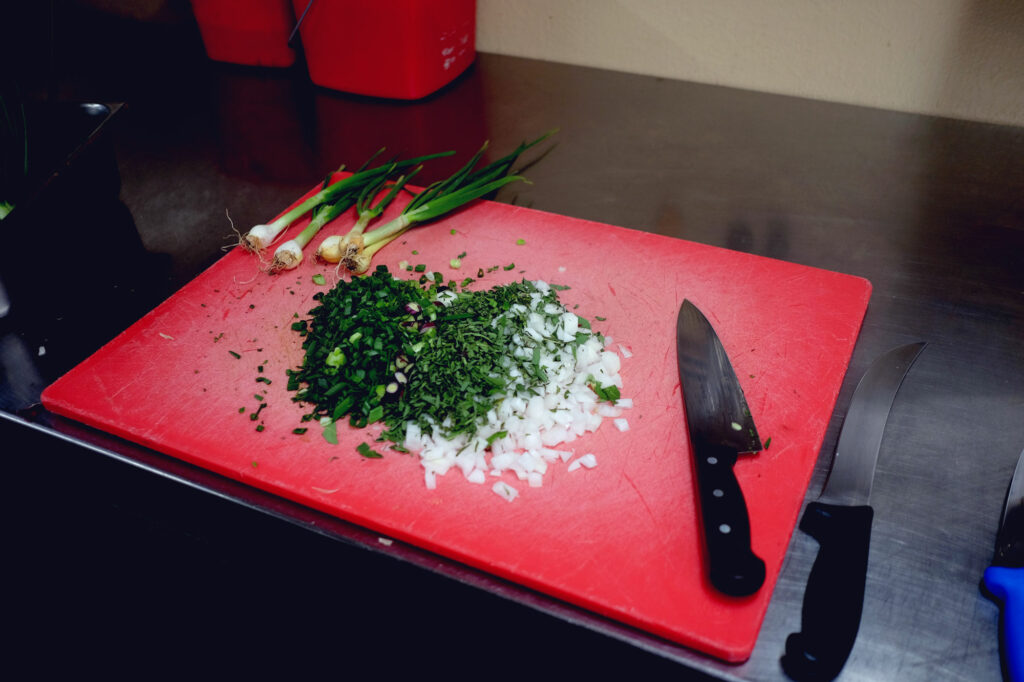
Q: You’ve seen a lot. What do you hope the Boise food scene looks like in the next 10 years? Do you have a piece of advice for restaurants or chefs in Boise?
N: I hope the restaurants can hang on and continue to operate, you know? My idea for this butcher shop surviving is to tweak the mold a little bit; keep the overhead down. Have a smaller crew that you take better care of. If it grows, it’s great.
When I talk to people it’s like, maybe even up until the 70s, you would have that neighborhood market. Even in Boise, we still have Roosevelt Market, but there used to be Hollywood Market on 8th St. and there was Jerry’s, which was on 27th, and that’s gone and it’s condos now. Those were the three that were around when I was growing up and there used to be more. I guess the idea is to go back to that. For me, if it’s a specialty shop then you’re focused on one thing, which should yield a quality product.
Q: Have you thought about your legacy in the Boise food scene?
N: Well, [Bittercreek] has been tremendously supportive of me. [Dave Krick] knew that, when I came back in January, I was actively working on another project. I mean, I was at Red Feather from 2008 to 2012. Their decision with these two businesses to start sourcing locally is what allowed that scene to grow and exist in Boise. It had to be a restaurant like this that could buy at volume.
I don’t know. I never thought about it exactly like that. I guess that is why I feel compelled to start something that’s mine. I’ve loved my career working for other people and at other restaurants. I think it’s time to do something that’s mine and make it personal. Maybe that’ll be my opportunity to contribute something that doesn’t exist yet.

